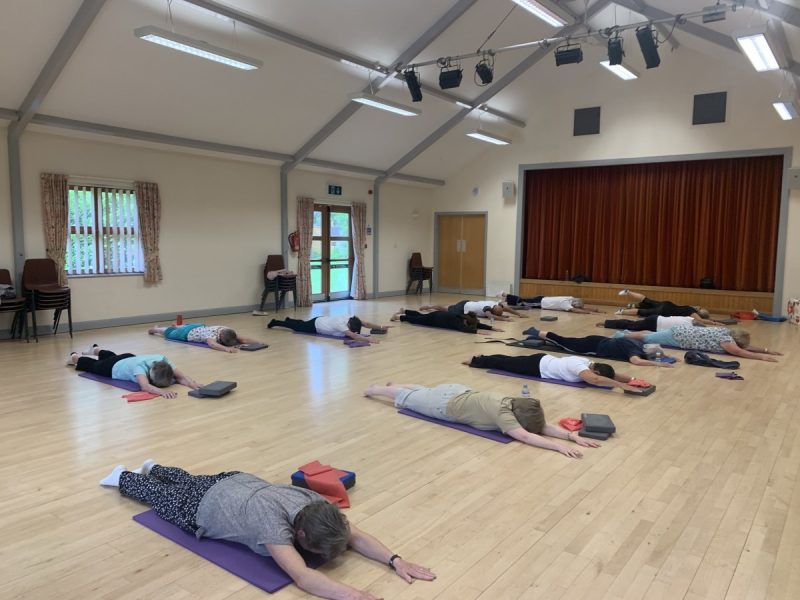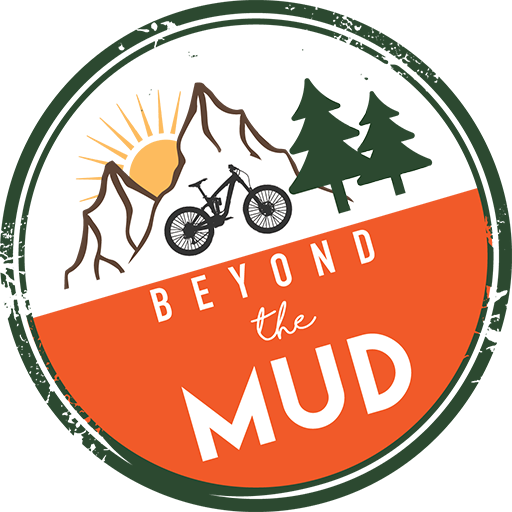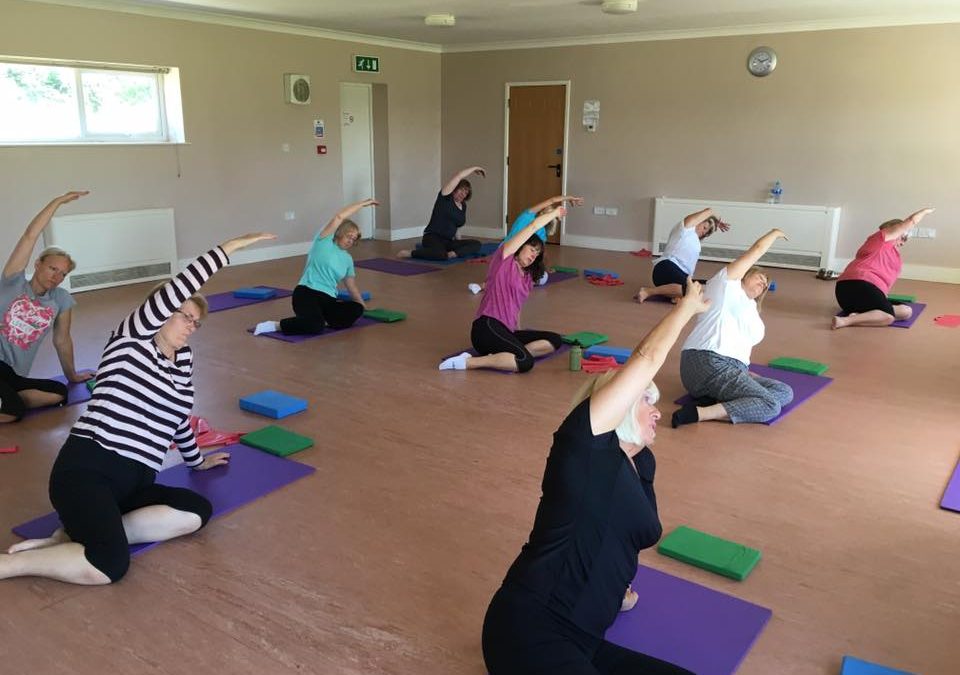
Keeping active is important as we get older but often people forget about strength training and building muscle in favour of cardiovascular exercise like running, swimming, rowing and so on.
Ideally, you should aim to focus on both if you can – something that has just been reiterated by the UK chief medical officers and the Department of Health and Social Care, which has just published new physical activity guidelines that emphasise the importance of building strength and balance.
The guidelines haven’t been updated since 2011 and now recommend that adults should do strength-based exercises at least twice a week to help delay the natural decline in bone density and muscle mass that typically starts at around 50 years old. The overall message has stayed the same, however – any activity is better than doing none at all and more activity is even better than that.
It’s thought that a drop in muscle mass and bone density is one of the main reasons why older people lose their ability to do daily tasks with ease, with falls the main reason that people above a certain age are taken to hospital. This could be avoided, however, through the likes of carrying heavy shopping, brisk walking, swimming, gardening and taking the stairs.
Physical activity can also help protect against chronic health conditions like type 2 diabetes (reducing the risk by 40 per cent), coronary heart disease (35 per cent) and depression (30 per cent).
The guidance also includes safe levels of activity for both pregnant women and new mothers, with a moderate amount of exercise for the latter proven to help them ease back pain, regain strength and reduce the chances of developing gestational diabetes.
“Physical activity is an under-appreciated asset in our clinical arsenal. It is cheap and brings a long list of health benefits.
“As we age, our muscles weaken and we can become stiff, leading to falls and difficulty performing everyday activities. Physical activity can prevent fragility and support mobility in old age. By keeping active, both throughout the day and also through hobbies, we can slow muscle and bone decline, ultimately keeping us independent for longer,” Dame Sally Davies, chief medical officer for England, said.
When it comes to strength training, going for Pilates in Waterlooville or your local area could prove particularly beneficial. This practice aims to strengthen the entire body in a balanced way, with emphasis on core strength as a way of improving general health and wellbeing.
It is suitable for people of all ages and levels of ability, so don’t worry if you’re a complete beginner… you’ll soon pick it up. Regular practice can help improve your posture, muscle tone and balance, while also relieving any stress and tension you may be experiencing.

